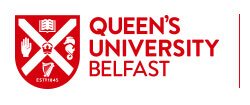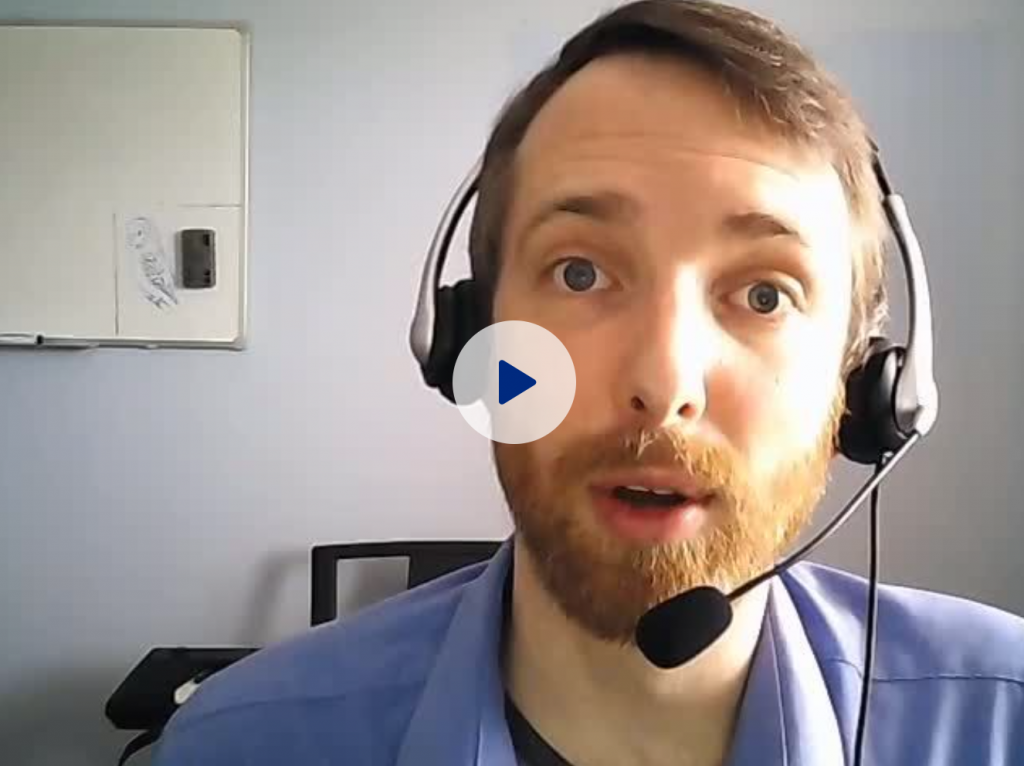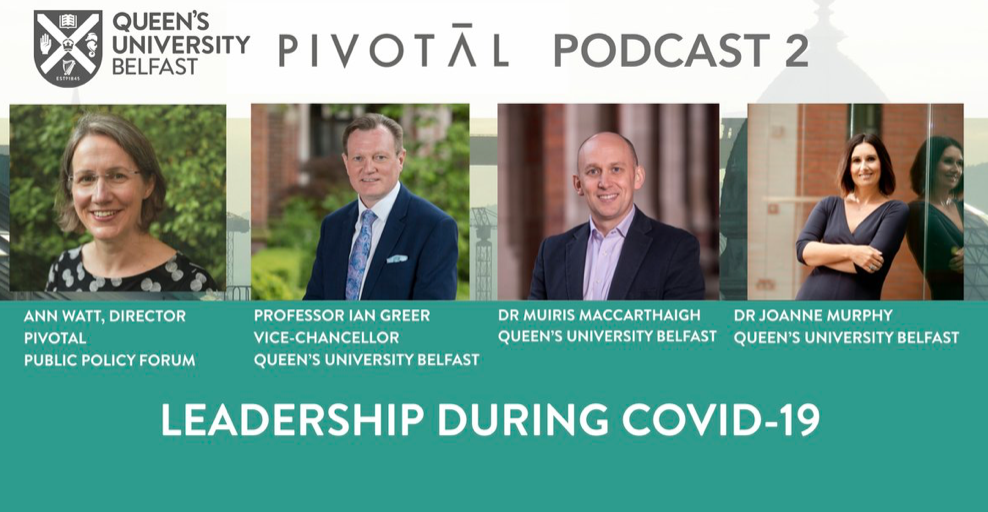This year’s Imagine! Festival of Ideas and Politics went online. You can catch up on some of the events organised by academics in the School of History, Anthropology, Philosophy and Politics below.
Post-Brexit Northern Ireland: Living with the Protocol with Professor Katy Hayward and Professor David Phinnemore.
The Truth in the News? Trade Wars and Editorial Cartoons with Dr Barry Sheppard.
Deliberative Mini-Publics and the Political Imagination with Professor John Garry and Dr Jamie Pow.


